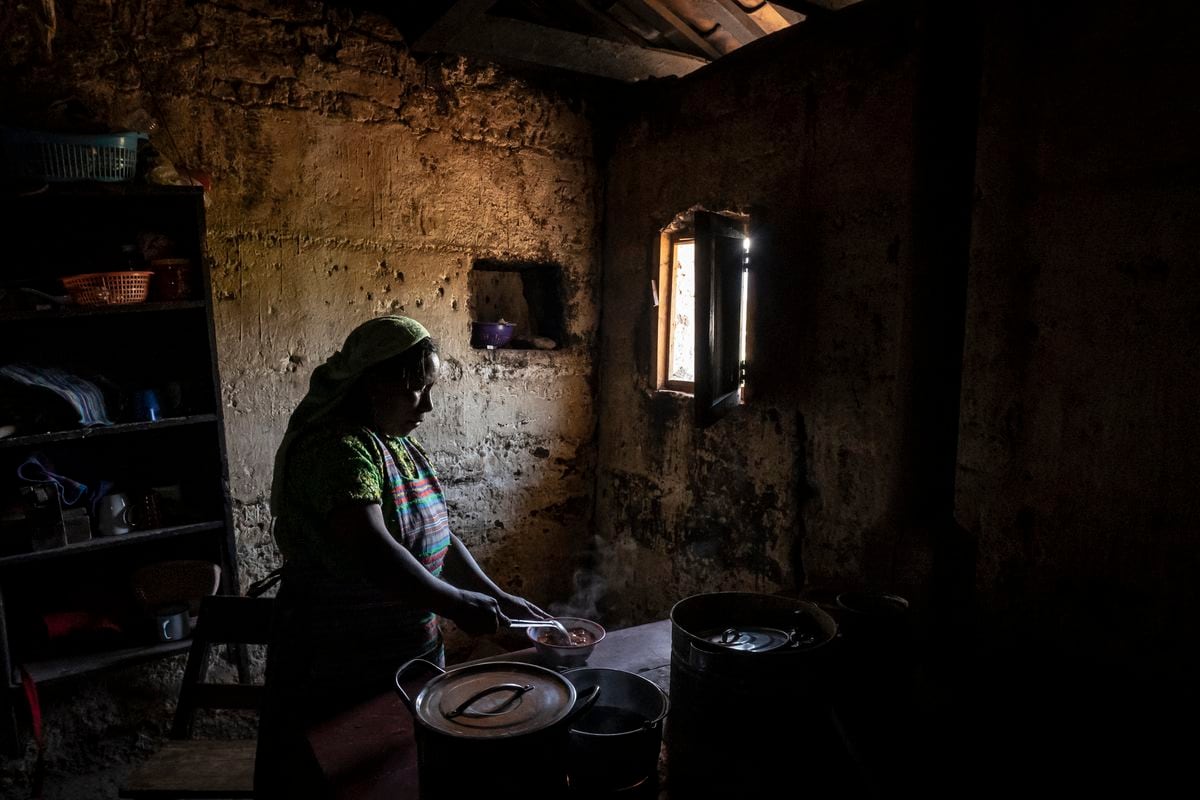After more than three years,
the World Health Organization (WHO) lifted this Friday the international emergency due to the Covid-19 pandemic
, which had been declared since January 30, 2020, due to the notable reduction in serious cases and deaths. globally.
The decision was announced by the director general of the WHO, Tedros Adhanom Ghebreyesus, after the organization's emergency committee met this Thursday to analyze the current situation of the pandemic, which in more than three years has affected at least
765 million people and has caused the death of some 20 million.
According to the organization's resolution, the Public Health Emergency of International Interest (PHEIC) is lifted, which represents the maximum level of alert decreed by the WHO.
This, however, does not indicate the end of the virus, but it does indicate that the situation is no longer acute.
“This virus is here to stay and all countries will need to learn how to manage it along with other infectious diseases,” Tedros Adhanom told a conference yesterday.
The WHO director general made the decision to end PHEIC following the recommendations of the Emergency Committee, a group of experts that meets every three months since the start of the pandemic.
The last time they had met was in January, when China was suffering its worst wave of the pandemic, with strong isolation decreed by Beijing.
It was not entirely clear how it would impact other countries.
According to data from the latest Weekly Epidemiological Report published yesterday, the
number of deaths reported in the last 28 days globally fell by 30%
compared to the previous 28 days.
In the last ten weeks, the mortality figures have been at their lowest levels since March 2020. Even so, an average of 8,500 daily deaths from covid have been registered in the world since the beginning of April.
In the last week of April,
the WHO confirmed 630,000 cases in the world and 3,500 deaths
, when in January there were more than 1.3 million positives and 14,000 deaths.
Much of those cases were from the wave in China.
Who should be vaccinated in Argentina
The WHO warned that this change in the situation does not mean that new, more contagious or virulent variants cannot emerge in the future.
That is why he insists on continuing with the vaccination process.
After several months of uncertainty about how to continue with the campaign in the country, the Government finally reported this week who should continue to be vaccinated and how often.
The population was divided into high, medium and low risk levels,
so the first group should continue to be vaccinated more frequently, while the third can only do so once a year.
The intermediate group will have a different regime.
This was defined, as explained by the Ministry of Health, by the National Immunization Commission (CoNaIn) and with the consensus of the holders of the health portfolios of the 24 provinces.
Within the high-risk group of developing severe forms of disease are people 50 years of age or older, people with immunocompromised and pregnant people: they should receive a booster dose against Covid if 6 months have elapsed since the last dose applied.
This is regardless of the number of boosters previously received
and respecting the minimum interval of at least 4 months from the last dose.
According to the federal immunization registry, 9,314,083 people age 50 and older have not received a booster dose in the past 6 months.
People under 50 years of age with comorbidities
(chronic diseases and obesity) and people at higher risk of exposure (health personnel) and those considered to have a strategic role are included in the medium risk group of experiencing severe illness or death from Covid. .
In this second group, the recommendation is that they receive a new booster 6 months after the last dose applied, and then continue receiving an annual booster.
People considered to be at low risk of complications, that is, under 50 years of age without comorbidities, will also have the booster vaccine available free of charge and it is recommended that its application be given annually.
Regarding those under 18 years of age, the Government did not make a special clarification, so they were included in the group of those under 50 years of age who should continue to receive an annual dose.
look too
Post-pandemic travel, artificial intelligence and more: the evolution of travel agencies
Vaccine against Covid: the Government defined who should receive it now and how often



/cloudfront-eu-central-1.images.arcpublishing.com/prisa/OMNV4ZLY2JGBRHSCJAKGJP5L3E.jpg)





